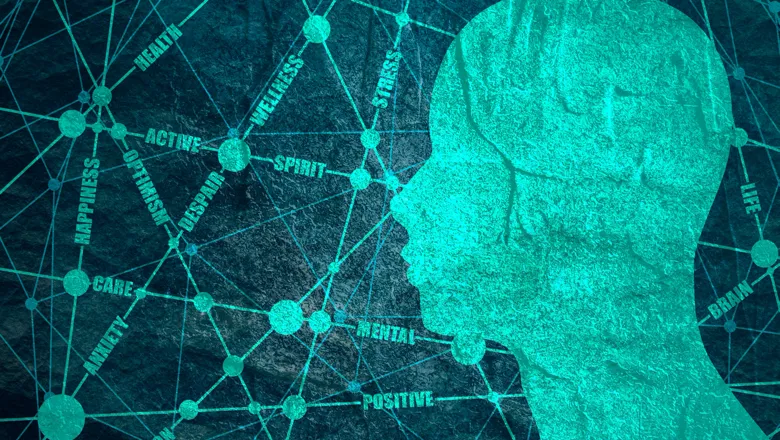10 October 2019
Four in five say mental health as important as physical – but just one in five think NHS treats it that way
Findings from a global survey for World Mental Health Day 2019

Just one in five (20%) Britons think the health system prioritises mental health to the same extent as physical health, despite four in five (82%) saying the two are equally important, according to a new global survey for World Mental Health Day.
The research, by Ipsos MORI and the Policy Institute at King’s College London, reveals attitudes towards mental health around the world.
The survey finds that Britain is more tolerant than many countries when it comes to mental health. Just over three-quarters (76%) of the British public think mental illness is an illness like any other – the highest of all the countries polled.
Three-quarters of Brits (77%) also say we need to adopt a far more tolerant attitude to people with mental illness, while 68% say seeing a mental health professional is a sign of strength, with women (74%) more likely than men (62%) to agree.
And Britain is second only to Sweden for acceptance of public officials who have experienced mental health issues, with just 12% saying anyone with a history of mental illness should be excluded from public office. By contrast, the same figure for Russia is 76%, making it the least tolerant country by this measure.
When it comes to funding for care, eight in ten Brits (80%) disagree that increased spending on mental health services is a waste of money.
The findings are based on a survey of more than 20,000 people across 29 countries, including over 1,000 in Britain, between 23 August and 6 September 2019.
Other findings include:
- Globally, a quarter (25%) of 16-34-year-olds think about their mental health very often – the most of any age group. By contrast, just one in eight (12%) over-65s think about their own mental health very often.
- Colombians (76%), Mexicans (73%) and Brazilians (73%) are most likely to say they think about their own mental wellbeing very or fairly often, while Russians (25%), South Koreans (37%) and Saudi Arabians (42%) are least likely to.
- People in Japan (41%), Brazil (44%) and Peru (45%) are least likely to agree that mental illness is an illness like any other.
- People in South Korea (31%) and Japan (47%) are least likely to agree that we need to adopt a far more tolerant attitude towards people with mental illness. By contrast, those in Latin American countries – Mexico (85%), Peru (85%), Chile (85%), Colombia (84%) and Argentina (84%) – are most likely to.
- In all countries surveyed, a majority say mental and physical health are equally important.
Professor Bobby Duffy, Director of the Policy Institute at King’s College London, said:
“The British public overwhelmingly say that good mental health is just as important as good physical health – but they feel the NHS isn’t treating it that way. Nearly two-thirds think the health service prioritises physical health over mental. At a time when budgets for mental health services remain severely constrained, the NHS faces a real challenge in meeting rising demand for treatment and dealing with a shift in expectations as mental health becomes more of a mainstream concern.”
Anna Quigley, Research Director at Ipsos MORI, said:
“We know from our existing data that mental health is increasingly seen as one of the top public health concerns, and is now seen as a priority for healthcare funding. While Brits come out relatively well in terms of attitudes to mental health compared with other countries, the findings reinforce the fact that they want to see more being done to meet the challenges of an issue now very much in the public consciousness.”
